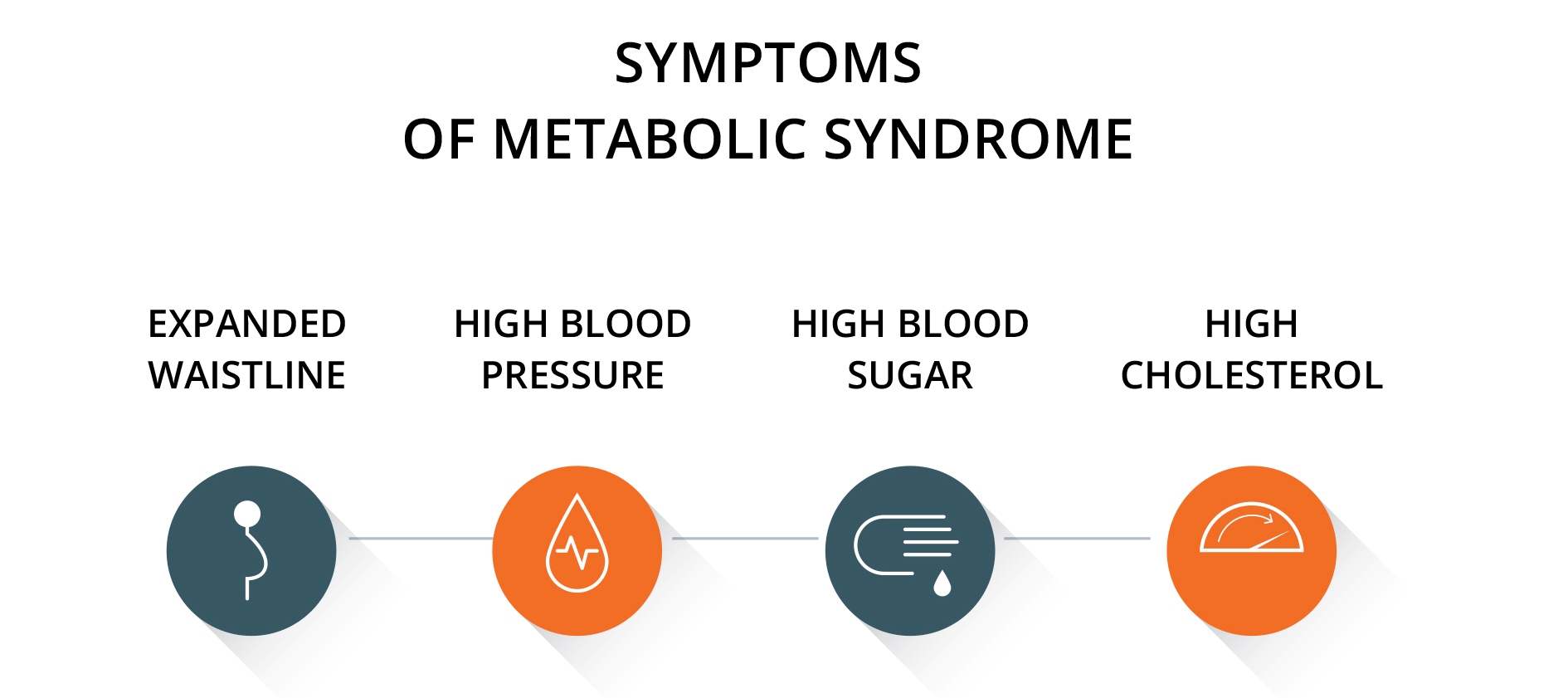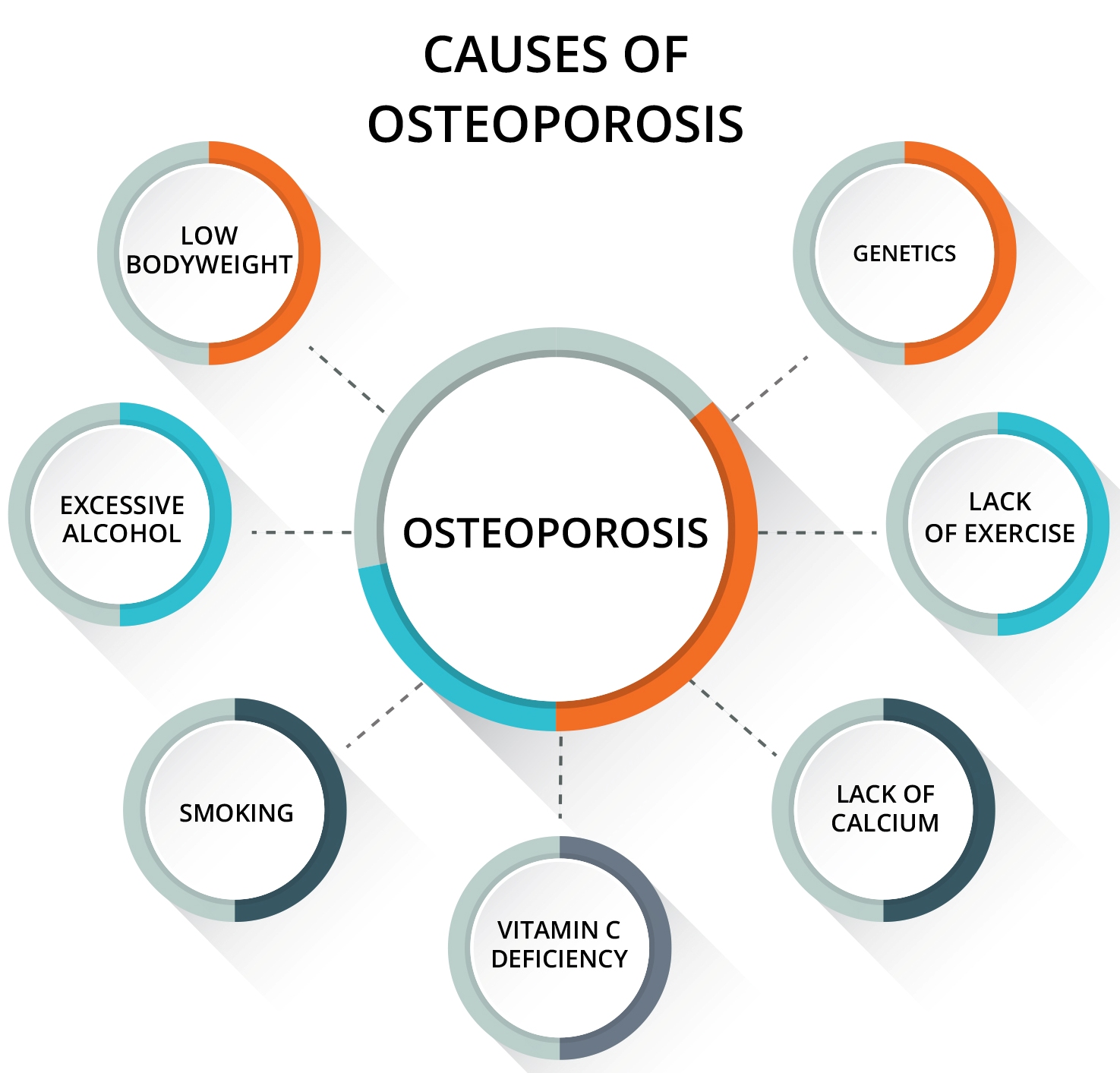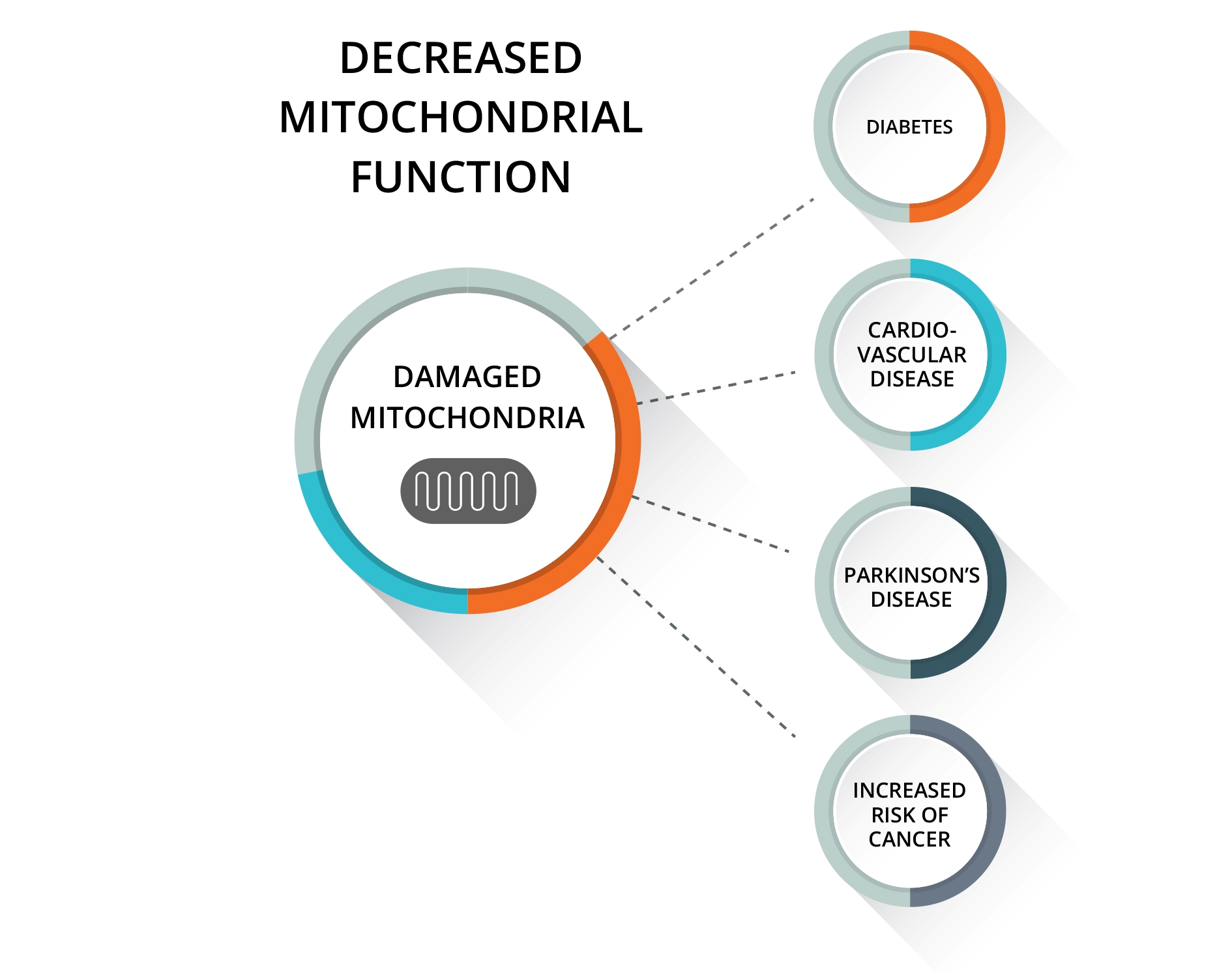As we age, we gain wisdom and experience. Or we hope we do. How we lived when we were younger (and how we choose to live now) as well as our genetic inheritance both have a major effect on how healthy we are when we cross the line into our fifties. With medical research making major strides in the treatment of age-related conditions and our increased awareness of the importance of good self-care and preventative measures we can reduce the effects of ageing. The following is to help prepare, not scare, you about what you might expect in your 50’s.
WHAT TO EXPECT
|
MEN |
WOMEN |
|
|
|
|
|
|
|
|
* Andropause: This is essentially the male version of menopause…men-o-pause if you will. It’s the start of declining testosterone in your body.
* Menopause: Menopause typically starts between the ages of 49 and 57. However, it’s also been known to start much earlier. Menopause lasts for many years. It’s the decline in oestrogen, progesterone and testosterone levels.
Both men and women will experience:
- Energy decline
- Increased belly fat
- Decline in quality of sleep
- Increased chance of depression and anxiety
as well as...
METABOLIC SYNDROME
This isn’t anything specific, but rather a combination of conditions that put you at risk for other diseases like stroke and heart attack. Expect symptoms like weight gain around the middle, high blood pressure, high blood sugar and high cholesterol. All of which you can control to a certain extent.

OSTEOPOROSIS-RELATED FRACTURES
Osteoporosis is the degeneration and weakening of bones. It’s caused by genetics, lack of exercise, a lack of calcium, vitamin C and D, smoking, excessive alcohol and low body weight. This is often accompanied by the increased risk of fractures. Women are especially prone to these fractures – one in every two women over 50 – due to rapid bone density decrease during menopause.

DESCREASED MITOCHONDRIAL FUNCTION
Mitochondria are the little powerhouses that produce all our energy. They are very sensitive to environmental damage. Damaged mitochondria are the cause of many degenerative diseases in our bodies. These diseases include Diabetes, cardiovascular disease, Parkinson’s and an increase in cancer risk. While we have limited control over how rapidly or extensively these are damaged, we do have control over mitigating against the potential resulting diseases.

CHANGES IN VISION
As you age, actually starting as early as 40, the lens inside your eye becomes less flexible, and you may have a harder time focusing on objects that are close. You may need more light to see. These are all indications of a condition called presbyopia. This condition is completely natural, and happens to almost everyone. Think of it as just another stage in your eye development. However, risks increase at 50 for cataracts, glaucoma & macular degeneration. Regular eye exams are highly recommended. For women, risk of dry eye increases after menopause.
As you page through our content, you'll see that it has been curated with answering pertinent questions in mind. Ageing is an opportunity, not an end – as long as we know what to maintain and how to maintain optimal health.

Comments